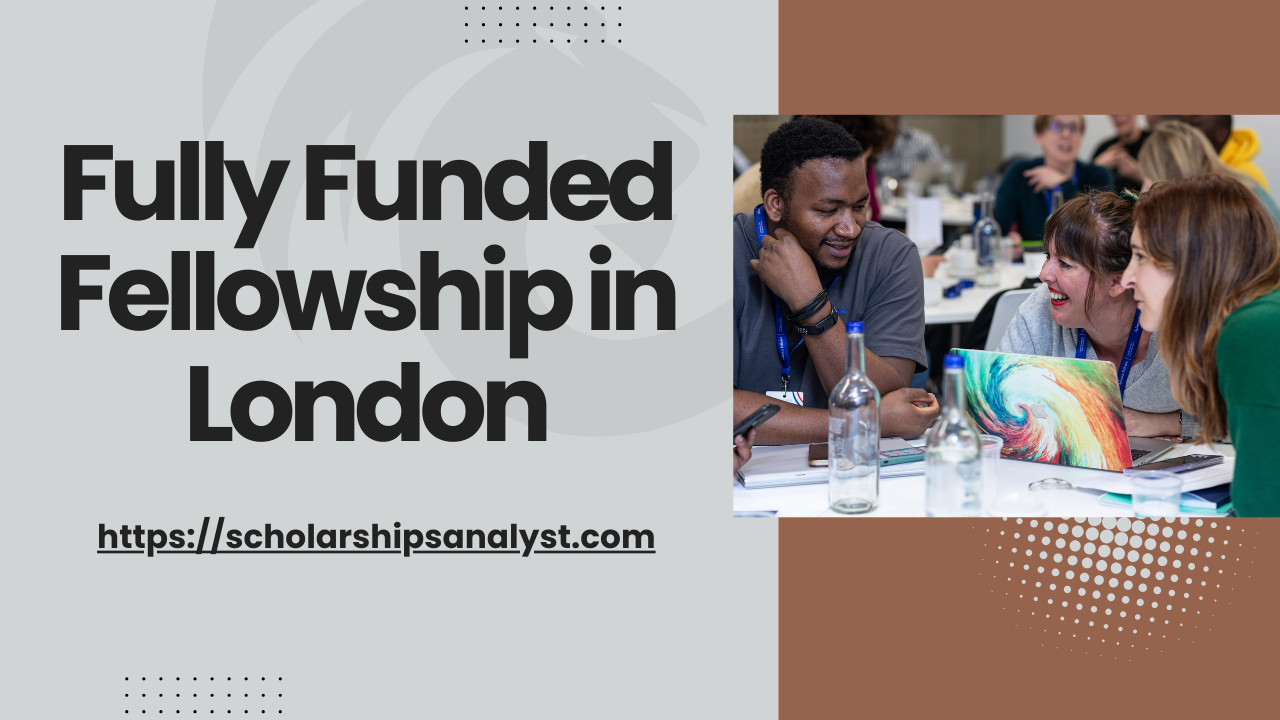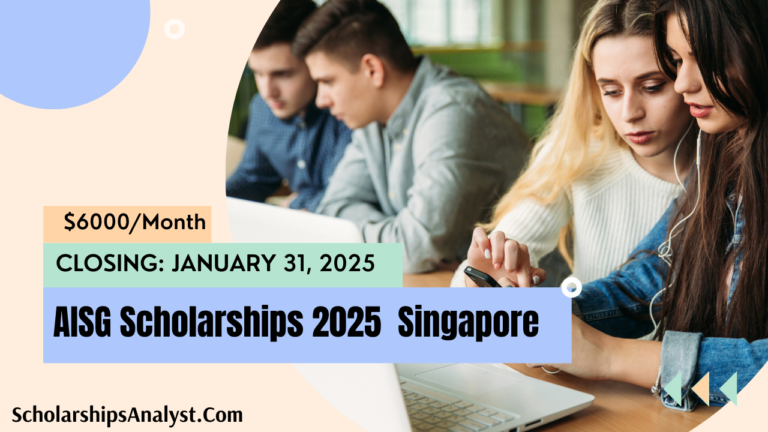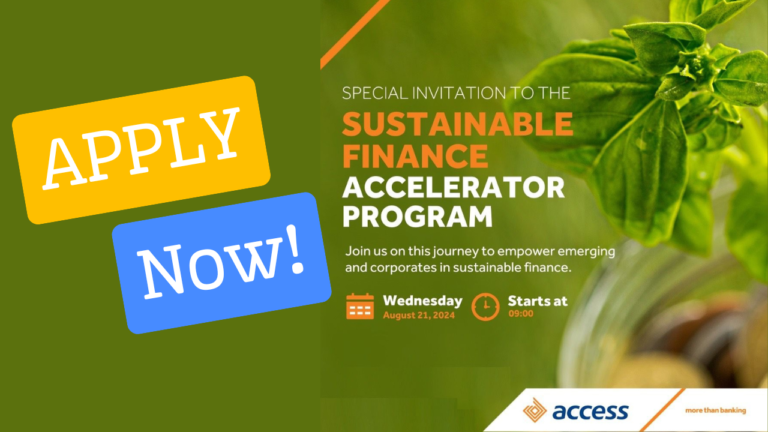Table of Contents
The Atlantic Fellows for Social and Economic Equity (AFSEE) programme at the London School of Economics and Political Science (LSE) is now accepting applications for its 2025 cohort. This prestigious, fully-funded fellowship is aimed at individuals passionate about addressing social and economic inequalities on a global scale. The program seeks to equip change-makers, including policymakers, activists, researchers, artists, and other professionals, with the tools to drive impactful social transformation.
The fellowship is part of the International Inequalities Institute at LSE, one of the world’s leading centres focused on studying and addressing inequality. AFSEE offers a unique opportunity for individuals dedicated to promoting social justice to further their education, deepen their understanding of inequalities, and engage with a global community of like-minded professionals.
Who Should Apply?
AFSEE invites applications from a diverse pool of individuals who are passionate about tackling inequality in their communities or globally. Candidates from the Global South are especially encouraged to apply, but the programme welcomes applicants from all regions.
Marginalized and historically underrepresented groups, including Black, Latinx/o/a/e, Indigenous, Asian, Arab, Middle Eastern, Pacific Islander, refugee, biracial, multiracial, female-identifying, LGBTQIA+, people with disabilities, and others, are highly encouraged to apply. Furthermore, the programme prioritizes applicants who have demonstrated a commitment to social justice and change but may lack the financial means to access higher education or fellowship opportunities.
The AFSEE programme also encourages applications from individuals who have had limited access to formal academic qualifications but have demonstrated leadership in grassroots movements or through non-traditional pathways. This focus on inclusivity makes the programme stand out as one of the most accessible opportunities for those aiming to make a substantial impact on issues of inequality.
Two Tracks: Residential and Non-Residential Fellowships
The AFSEE programme offers two distinct tracks to accommodate applicants with different needs and goals:
1. Residential Fellows
Residential Fellows will undertake a full-time Master’s in Inequalities and Social Science (MSc) at LSE. The programme combines academic training with experiential learning, providing fellows with both theoretical and practical knowledge to understand and address global inequalities. Fellows will be based in London, allowing them to participate in the rich academic and cultural environment at LSE.
- Eligibility Criteria for Residential Fellows:
- Applicants must meet the academic entry requirements for the MSc in Inequalities and Social Science, which generally include a 2:1 degree or its equivalent in any field.
- Applicants must demonstrate at least seven years of professional experience that showcases their leadership, compassion, and commitment to addressing social and economic inequalities.
- While a background in social sciences or social policy is beneficial, it is not mandatory.
- Candidates must meet LSE’s English language proficiency standards, typically through IELTS or TOEFL scores.
- PhD holders, those who have completed an MSc within the past three years, or individuals currently pursuing a degree are generally not eligible for the Residential track.
2. Non-Residential Fellows
The Non-Residential track is designed for individuals who wish to remain in their current professional roles while engaging with the fellowship. Fellows in this track will pursue a Postgraduate Certificate in Inequalities and Social Science at LSE, alongside attending in-person modules over the course of 12 to 18 months.
- Eligibility Criteria for Non-Residential Fellows:
- Applicants must demonstrate at least seven years of professional experience addressing inequality, but they are not required to hold an undergraduate degree. Those with non-traditional educational backgrounds or degrees lower than a 2:1 are encouraged to apply.
- Applicants should meet LSE’s English language requirements.
- This track is particularly well-suited for those working within their communities, organizations, or movements, and who wish to continue their work while enhancing their skills through fellowship training.
Programme Benefits: What the Fellowship Covers
The AFSEE programme offers comprehensive financial and academic support to ensure that fellows can fully engage in the learning process, free from financial constraints. The details of the funding differ depending on the fellowship track:
Residential Fellows:
- Full Tuition Coverage: All tuition fees for the MSc in Inequalities and Social Science are fully covered by the fellowship.
- Living Stipend: Residential Fellows receive a generous stipend of £23,000 to cover living expenses while they reside in London for the duration of the programme.
- Travel Costs: Round-trip travel to and from London at the beginning and end of the fellowship year is fully funded.
- Visa and Immigration Fees: All visa-related expenses are covered, ensuring a smooth transition to life in the UK.
This extensive financial support ensures that fellows can focus entirely on their academic and research work, without concerns about the financial burden of living in London or tuition costs.
Non-Residential Fellows:
- Tuition Fees: The fellowship fully covers the costs of obtaining a Postgraduate Certificate in Inequalities and Social Science.
- Travel and Accommodation: Fellows’ travel expenses to and from London for in-person modules are fully covered, as well as accommodation costs during the fellowship modules.
- Project Funding: Non-Residential Fellows receive up to £10,000 in grant funding to support their fellowship projects. This financial support helps fellows to implement their learnings in real-world contexts, addressing issues of inequality in their communities or professional fields.
Key Focus Areas of the AFSEE Fellowship
Fellows in both tracks engage with a broad range of topics related to social and economic inequality. The programme aims to build a deep understanding of the systemic nature of inequality, covering areas such as:
- Economic Inequality: Exploring the causes and consequences of economic disparities, including income inequality, wealth distribution, and access to resources.
- Gender and Racial Inequality: Understanding how gender and race intersect with social and economic inequalities and the impact of these factors on global justice.
- Health Inequality: Examining how social and economic disparities affect access to healthcare and overall well-being, especially among marginalized populations.
- Policy and Social Change: Developing practical skills to influence and design policies aimed at reducing inequality on local, national, and global levels.
- Global South Perspectives: Focusing on inequality from the standpoint of developing nations, especially in the Global South, and understanding the global structures that perpetuate inequity.
Through academic coursework, seminars, and experiential learning, fellows will explore these complex issues and work towards creating equitable solutions in their respective fields.
Why Apply for the Atlantic Fellows for Social and Economic Equity Programme?
The AFSEE programme offers unparalleled opportunities for personal and professional growth. By joining a global community of fellows, participants benefit from networking with leaders in academia, policy, activism, and more.
The International Inequalities Institute at LSE provides an intellectually stimulating environment where fellows can collaborate with renowned scholars, policymakers, and practitioners to address some of the most pressing issues of our time. Fellows will also gain practical skills in leadership, policy design, and advocacy, equipping them to become champions of equity in their home countries or sectors.
Moreover, the fellowship’s focus on diversity, equity, and inclusion ensures that applicants from marginalized and historically underrepresented communities can bring their unique perspectives to the programme and have access to a platform that amplifies their voices.
How to Apply for the 2025 AFSEE Fellowship
Applications for the 2025 cohort are now open. Here’s how to apply:
- Residential Fellows: If you are applying for the Residential track, you must first apply for the MSc in Inequalities and Social Science at LSE. Applications for the MSc programme. Be sure to include all required documents, such as academic transcripts, a statement of purpose, and references.
- Non-Residential Fellows: If you are applying for the Non-Residential track, you can submit your application directly through the AFSEE portal. Ensure that you meet all eligibility criteria and provide all necessary documentation.
- This is the Link: https://afsee.atlanticfellows.lse.ac.uk/en-gb/apply
Conclusion
The Atlantic Fellows for Social and Economic Equity programme offers a life-changing opportunity for individuals committed to addressing inequality and driving social change. Whether you are a policy expert, grassroots activist, or social entrepreneur, this fellowship provides the resources, knowledge, and global network you need to make a meaningful impact. If you are passionate about creating a more just and equitable world, consider applying for this fully-funded fellowship and join a growing community of global leaders working toward a fairer future.




Leave a Comment